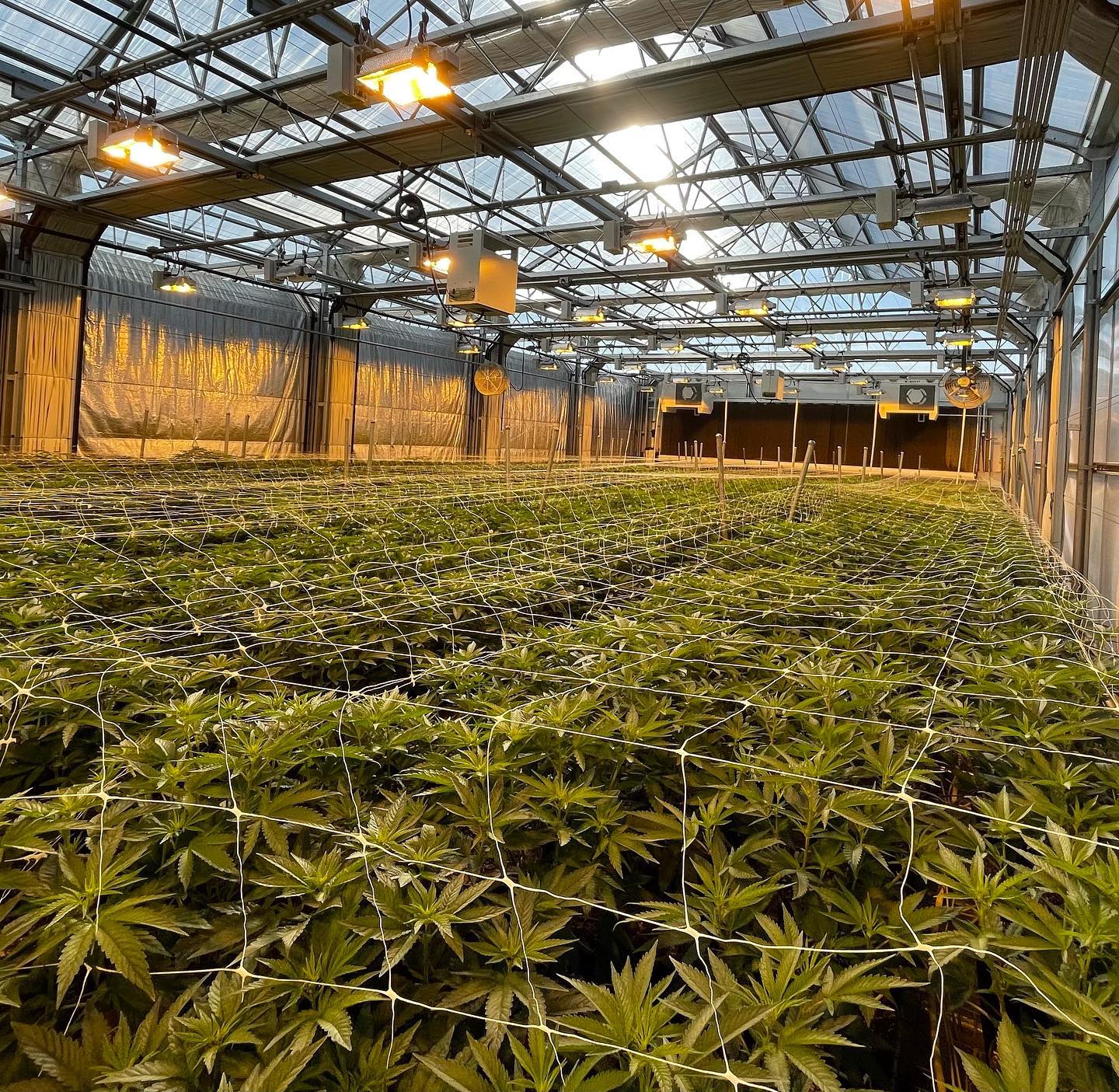A recent study conducted by the American Psychiatric Association (APA) has revealed a fascinating insight into the beliefs of its members regarding the potential of psychedelics in treating psychiatric conditions.
The study, which surveyed a diverse group of APA members, found that a majority of them believe psychedelics show promise in the field of mental health.
The survey also showed that the majority of the members believe that more research is needed to identify and understand the potential benefits of using psychedelics for treating mental health disorders.
They further suggest that, if more research is conducted on clinical trials and safety measures, there may be a viable future for psychedelic-assisted therapy in psychiatry.
This could potentially lead to a breakthrough in the field of mental health, as psychedelics could provide an alternative to traditional treatments for those suffering from psychiatric disorders.
In addition, the survey showed that many APA members are open to exploring and discussing the potential benefits of psychedelics for treating mental health issues.
What is the American Psychiatric Association?
The American Psychiatric Association is a professional medical organization representing psychiatrists in the United States. With a membership of over 38,000 psychiatrists, the APA plays a crucial role in shaping the field of psychiatry and promoting mental health.
Understanding the Study
The study conducted by the APA aimed to gauge the opinions of its members on the potential therapeutic benefits of psychedelics. The survey included questions about the use of substances such as psilocybin (found in magic mushrooms), LSD, and MDMA (commonly known as ecstasy) in the treatment of psychiatric conditions.
Out of the APA members surveyed, an impressive 65% expressed their belief that psychedelics hold promise in the treatment of psychiatric conditions. This finding challenges the traditional view that psychedelics are solely recreational substances with no therapeutic value.
The Potential of Psychedelics in Mental Health
While the use of psychedelics in mental health treatment is still in its early stages, there is growing evidence to suggest their potential benefits. Studies have shown that substances like psilocybin and MDMA can have profound effects on individuals suffering from conditions such as depression, post-traumatic stress disorder (PTSD), and addiction.
Psychedelics are thought to work by altering the brain's neural pathways and promoting new connections. This can lead to a shift in perception, increased self-awareness, and a reduction in symptoms associated with various psychiatric conditions.
The Importance of Further Research
Despite the promising findings of the APA study, it is important to note that more research is needed to fully understand the potential of psychedelics in treating psychiatric conditions. Rigorous clinical trials and studies are necessary to establish the safety, efficacy, and appropriate dosages of these substances.
Fortunately, there has been a resurgence of interest in psychedelic research in recent years, with several institutions and organizations dedicating resources to further explore their therapeutic potential. This renewed focus on psychedelics has the potential to revolutionize the field of mental health and provide new treatment options for individuals who have not responded to traditional therapies.
The APA study sheds light on the evolving attitudes within the psychiatric community towards psychedelics.
With a majority of APA members expressing belief in their therapeutic potential, it is clear that the field of mental health is undergoing a paradigm shift.
While there is still much to learn about the safe and effective use of psychedelics in psychiatric treatment, the growing body of evidence suggests that these substances hold promise. As further research unfolds, it is crucial to approach the topic with scientific rigor and an open mind, ensuring that the potential benefits of psychedelics are explored while prioritizing patient safety and well-being.





